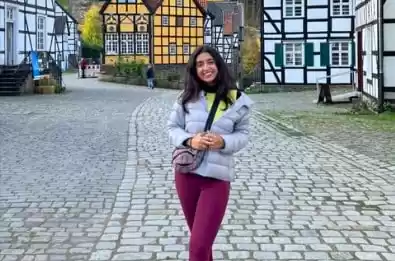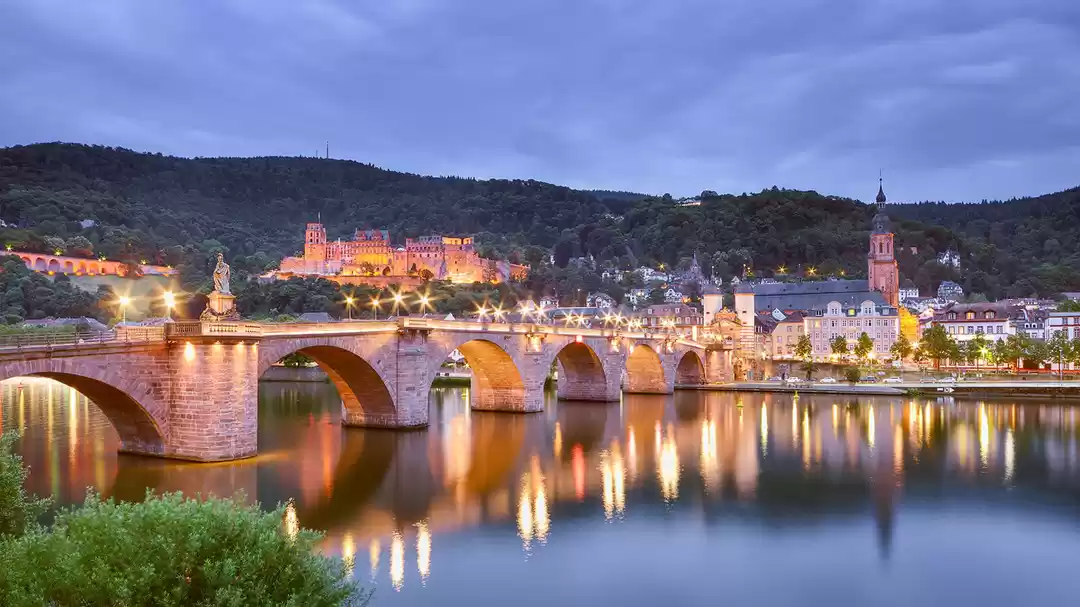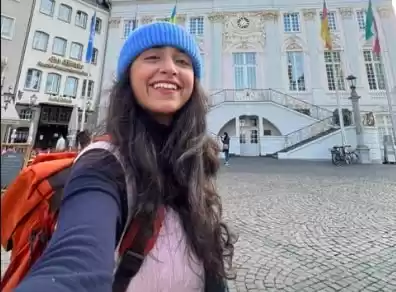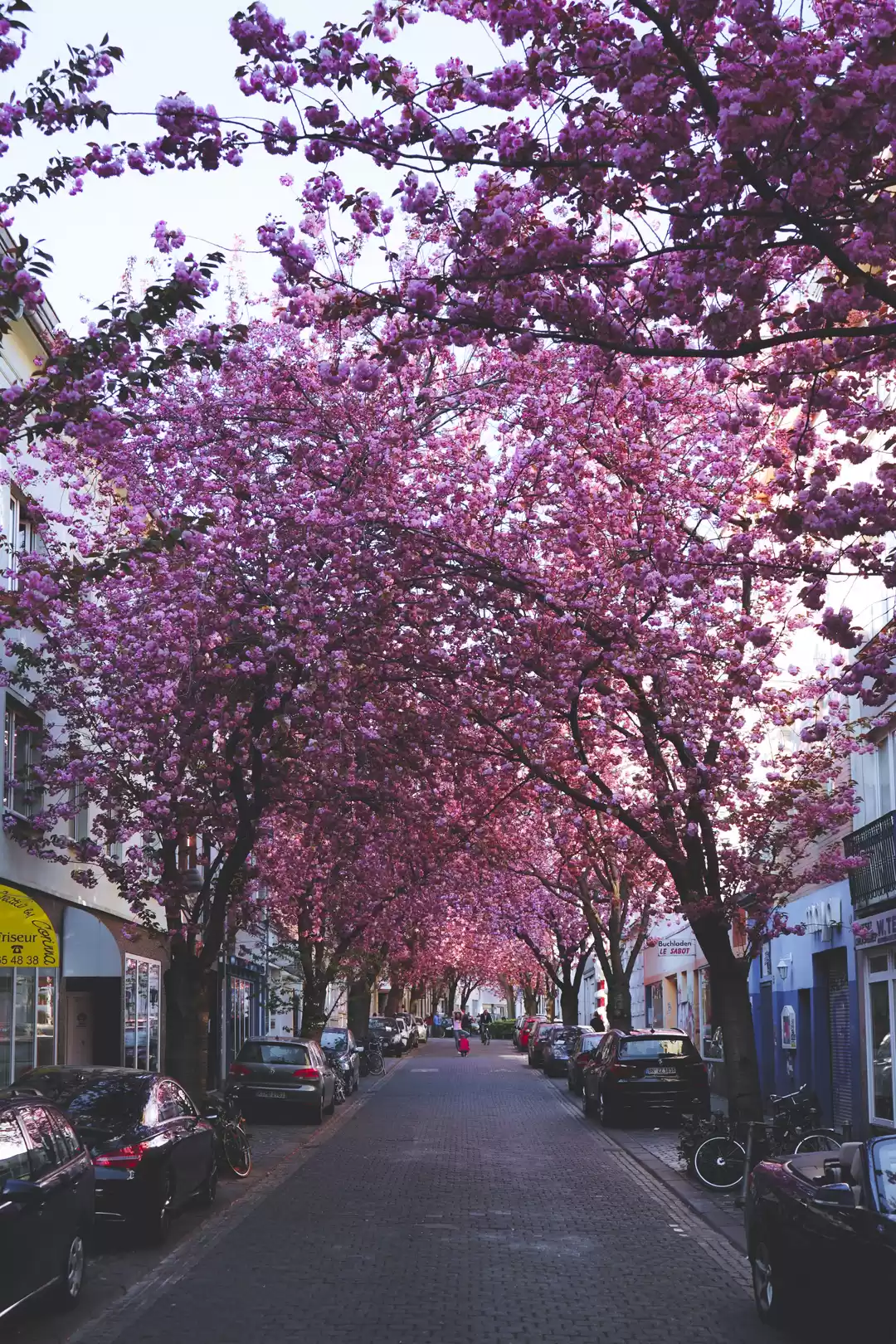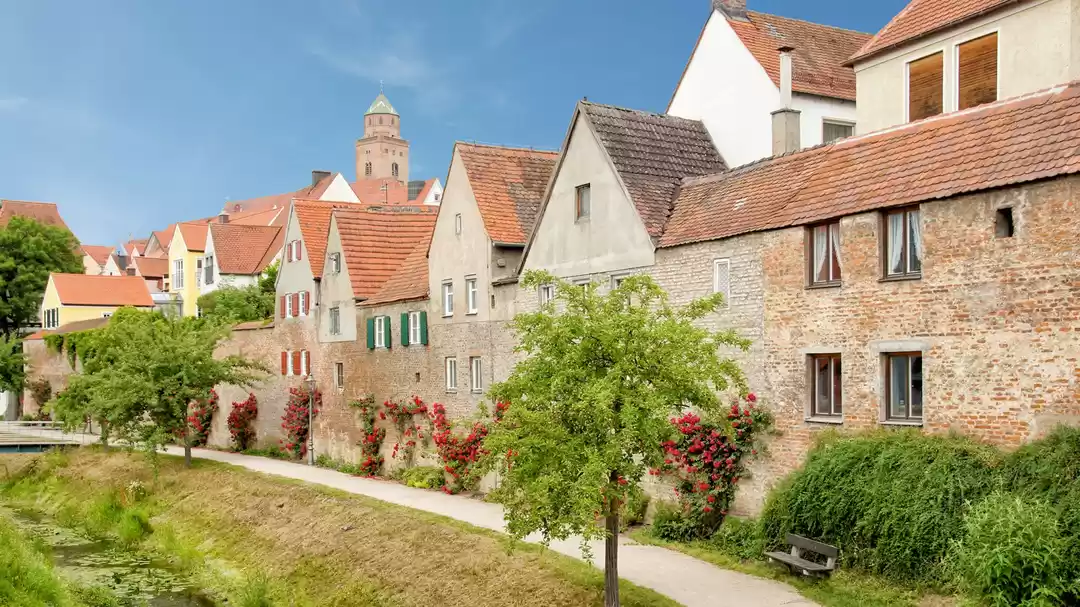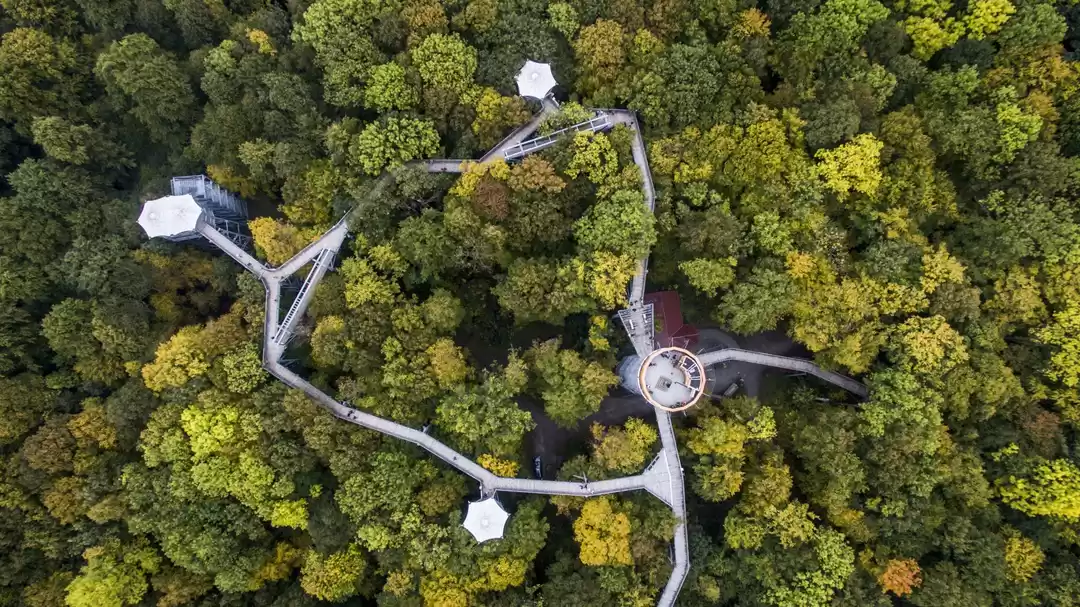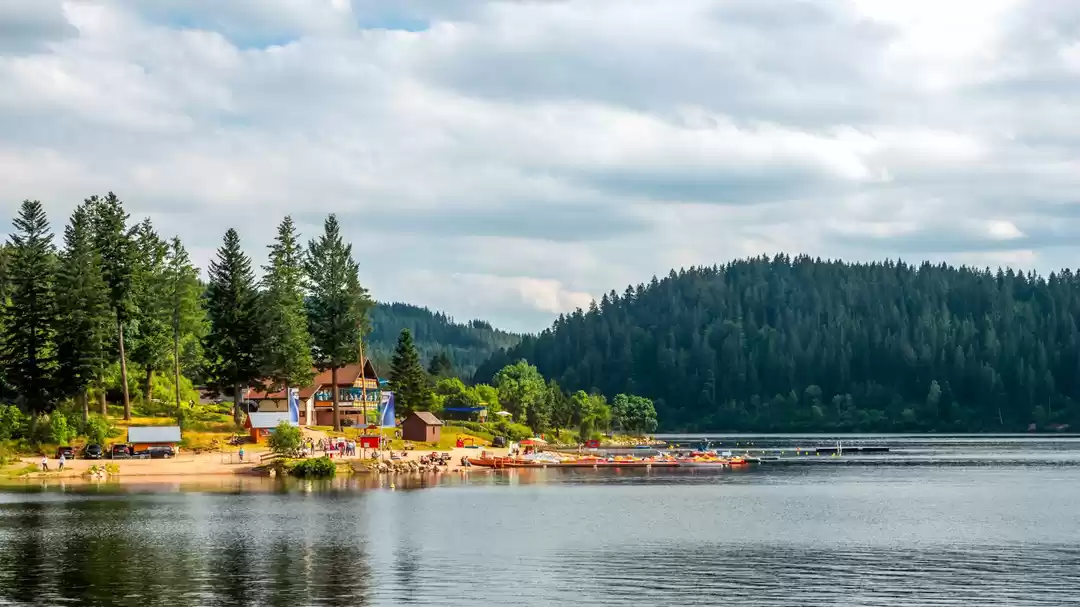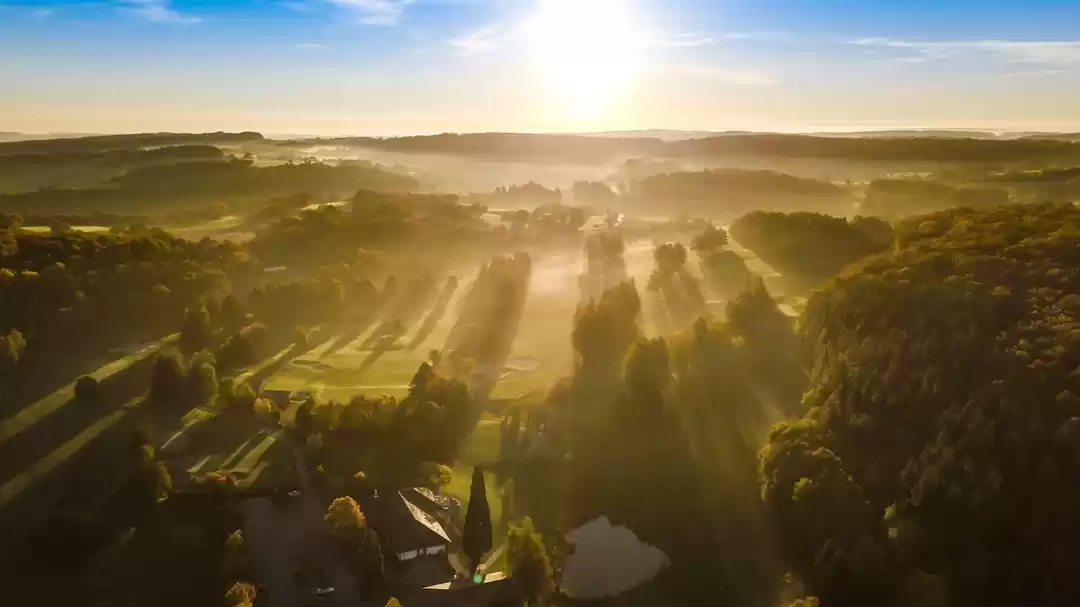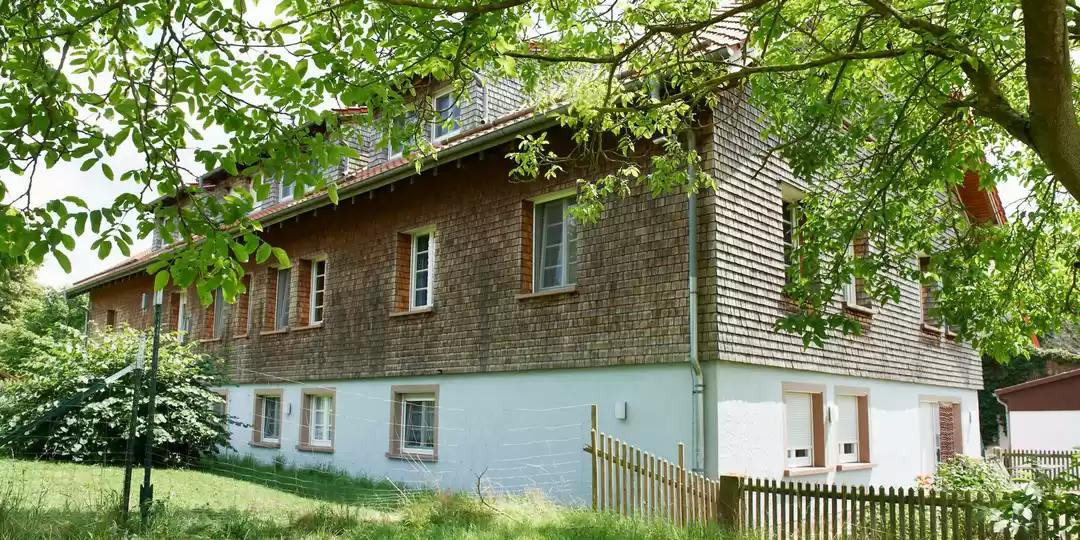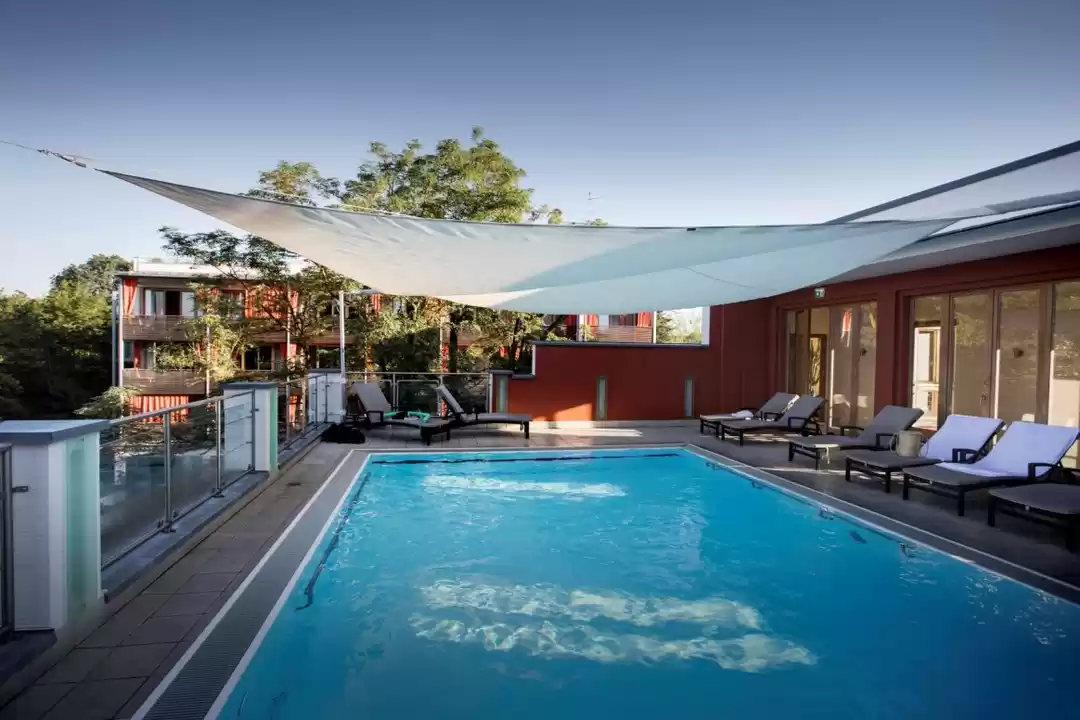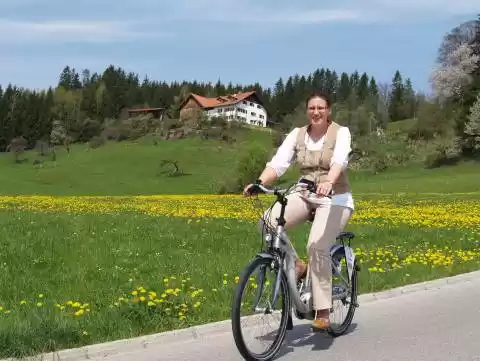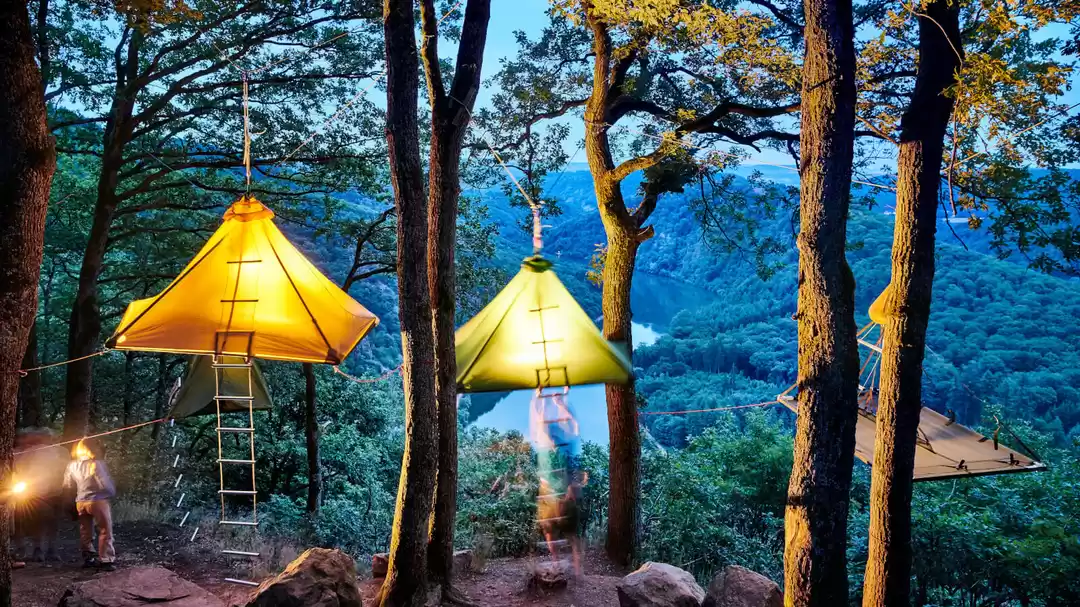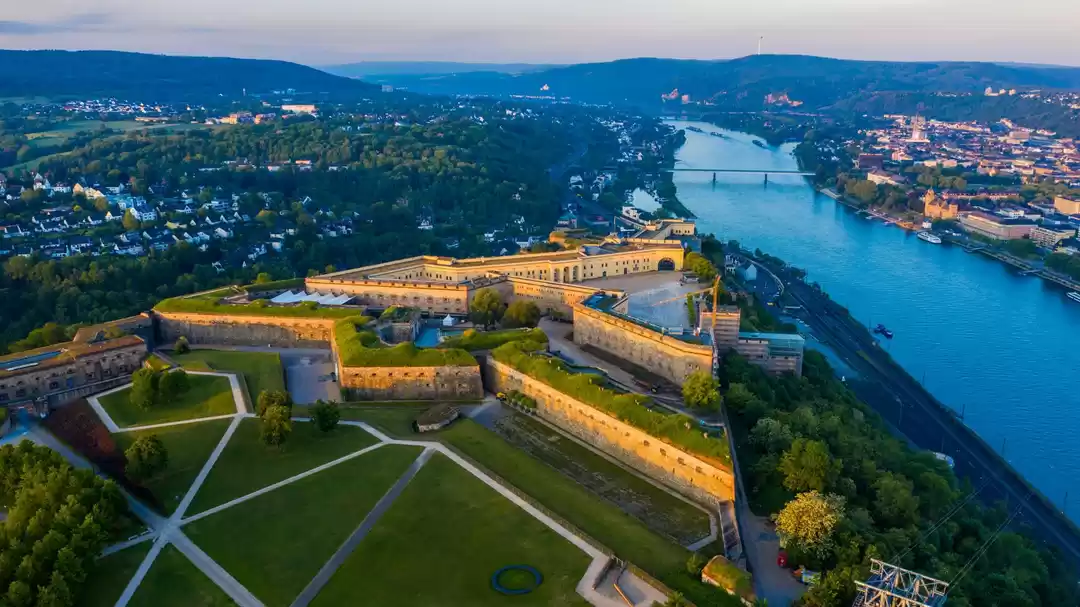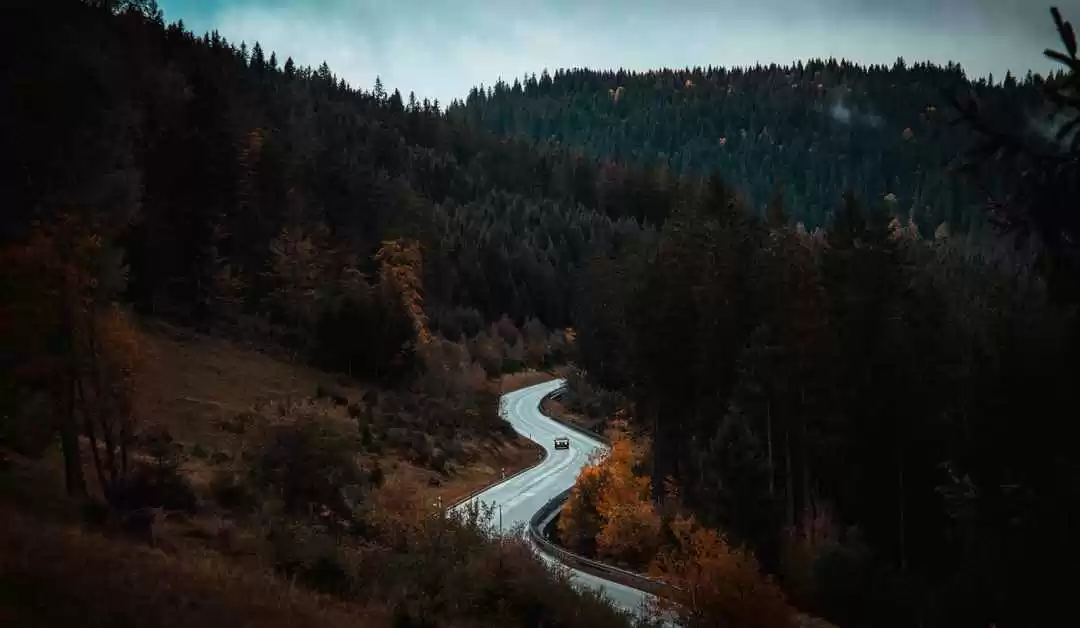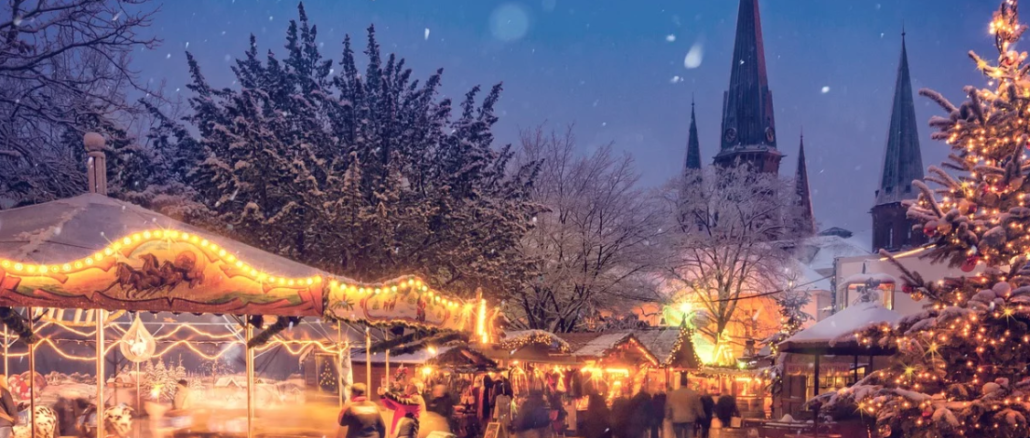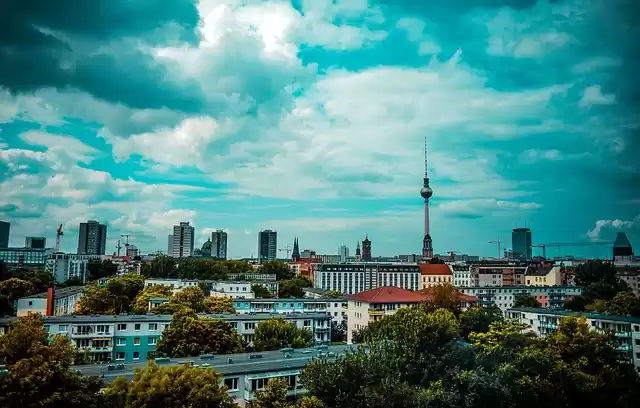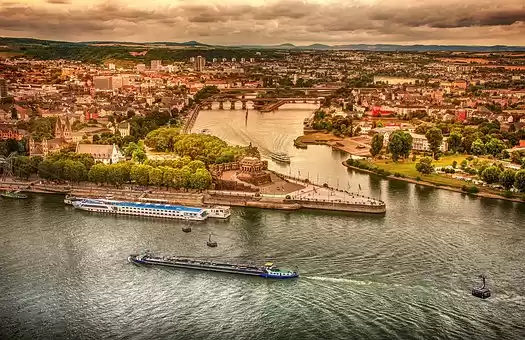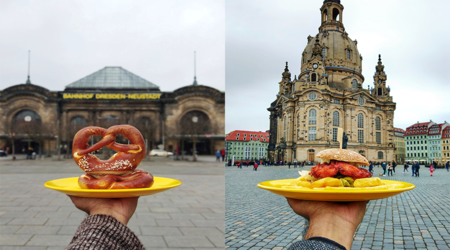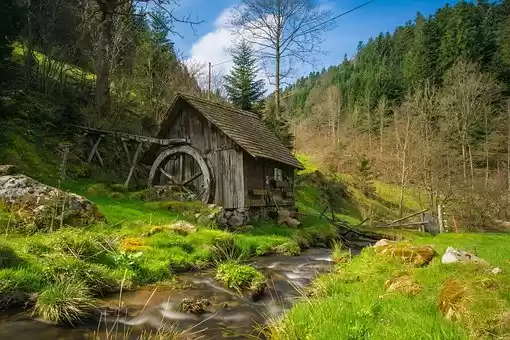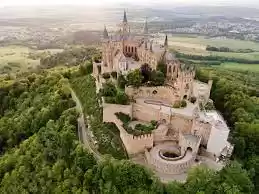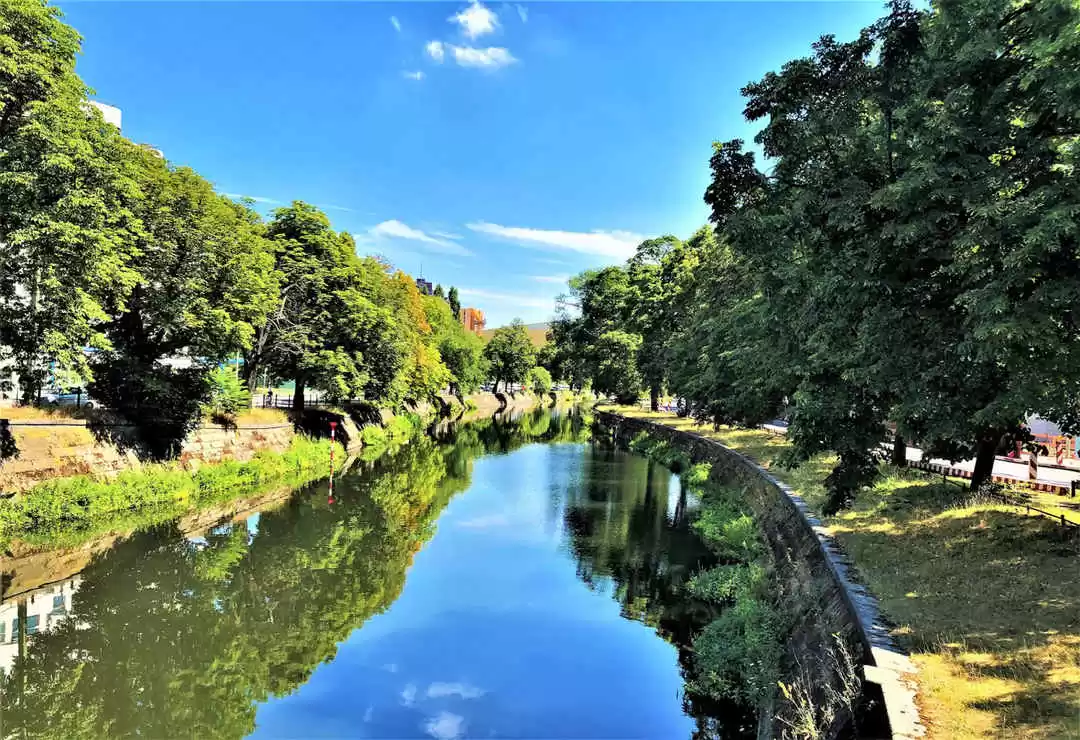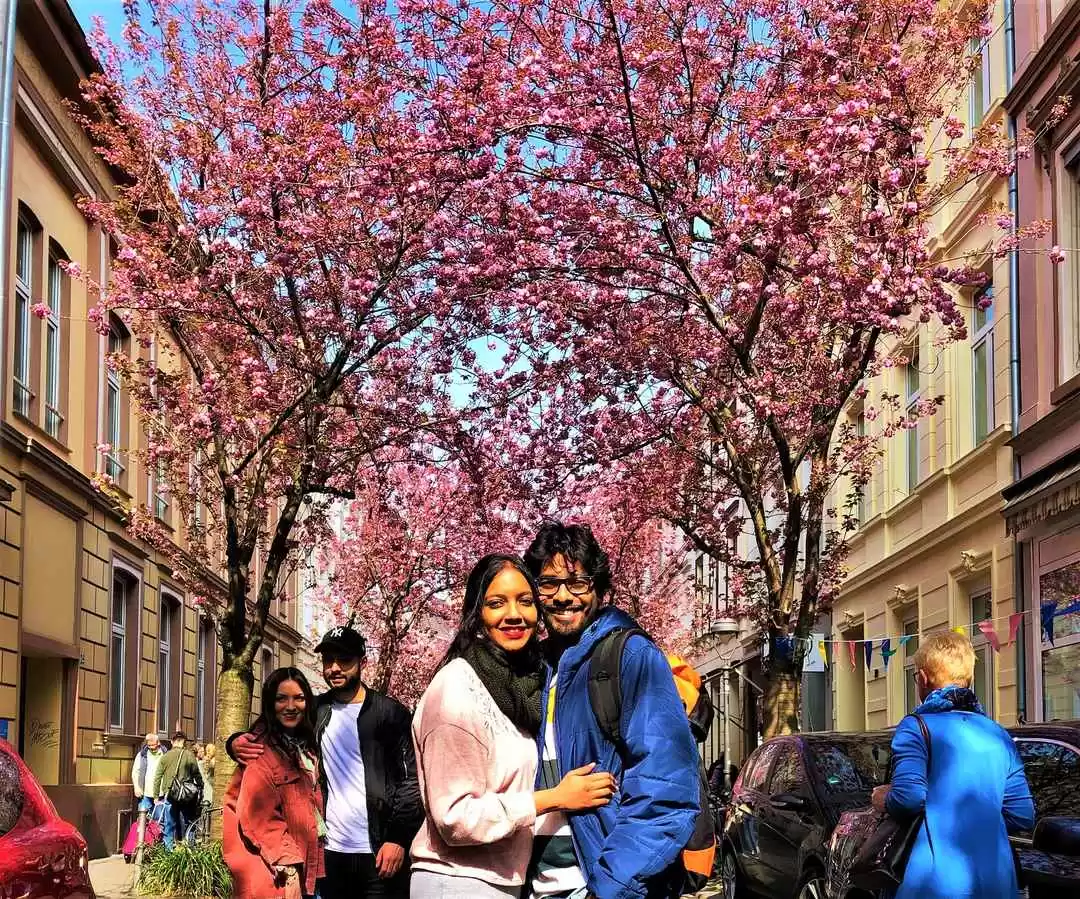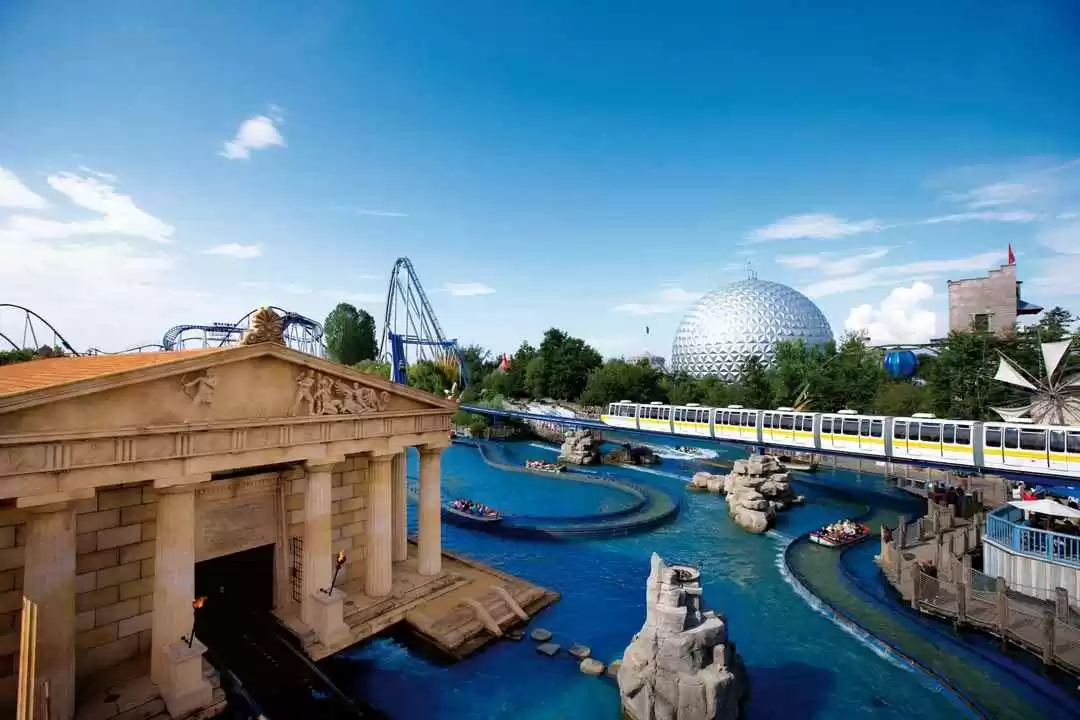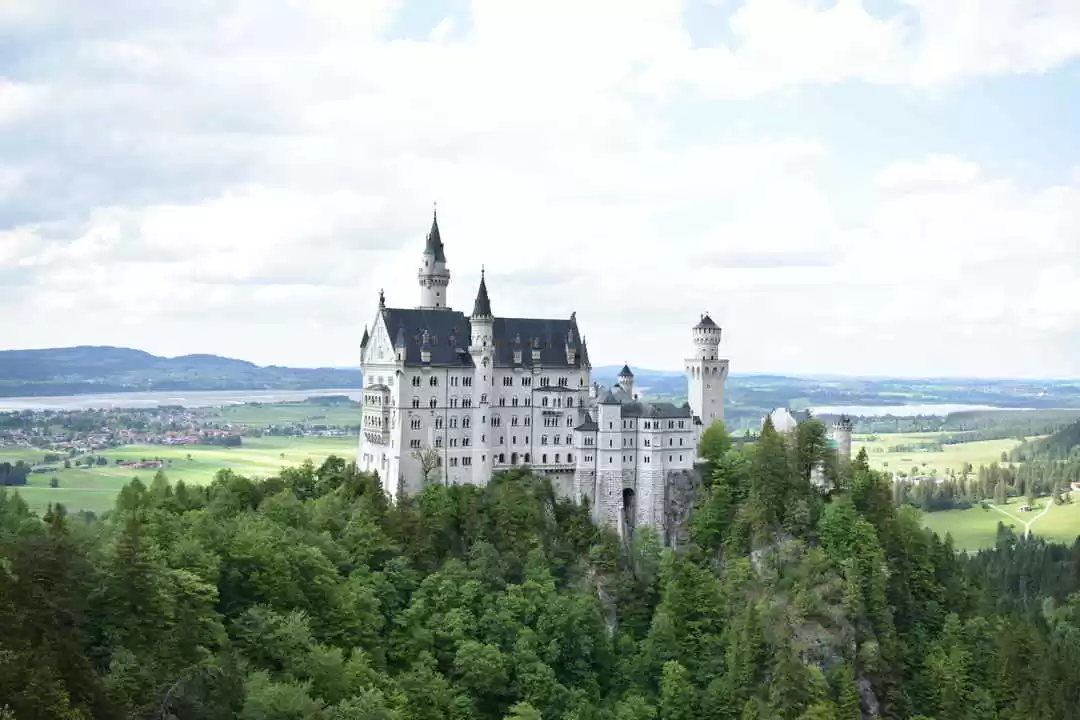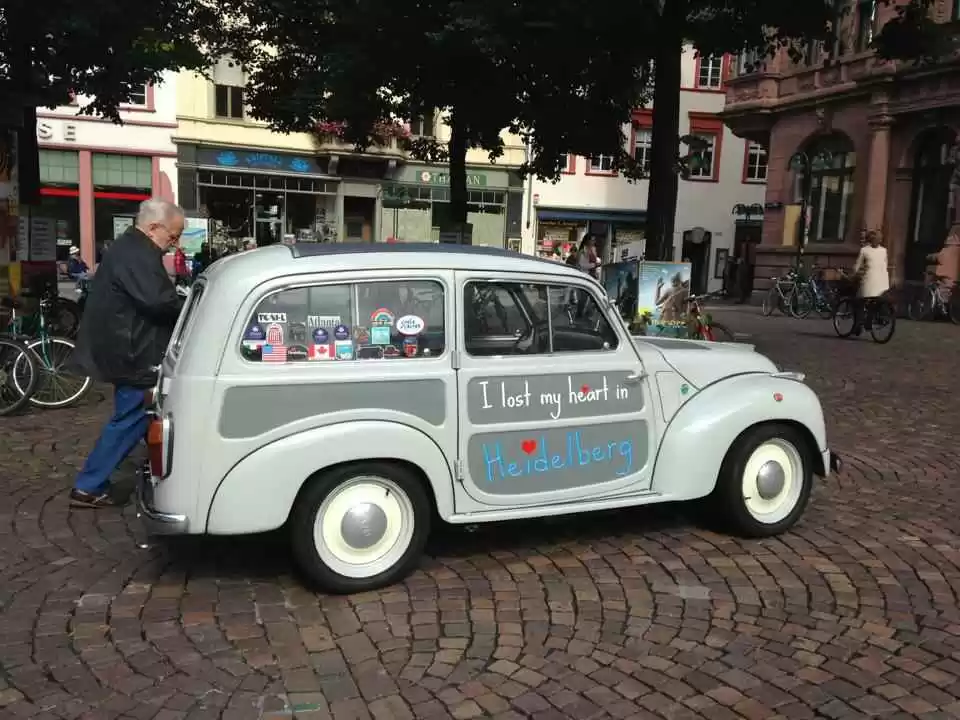Germany Tourism and Travel Guide

Explore Germany the Right Way with Aakanksha
Globetrotter and popular content creator Aakanksha Monga made her way to the thriving towns and serene national parks of Germany, whilst keeping a count of her carbon footprint and mindfully choosing her experiences. Get inspired!
Green Experiences in Germany
Whether you're walking through the enchanting national parks or swimming with seaguls on remote islands, every corner in Germany warrants a spot on your grand holiday to the country. Given the current climate conditions, opting for these sustaintable experiences listed below are what will make a difference to the world.
Sustainable Stays for the Conscious Traveller
Sustainability starts from your home, and there's no dearth of such properties in Germany. No matter which corner of the map you find yourself in, a certified sustainable stay will be around the corner.
All You Need To Know About Travelling to Germany
When in Germany, Don't Miss These Unique Travel Experiences
Post About Your Germany Trip & Make it to Editor's Picks
Best Time to Visit Germany: When to Travel?
Peak season: (Jul & Aug) There are a lot of tourists who visit Germany during this period of the year. The weather conditions are good if you want to explore different cities.
Shoulder season: (Apr–Jun, Sep–Oct) Not much crowded during these months, the prices are lower compared to the ones in the peak season. The weather is sunny most of the times, ideal for outdoor activities.
Off-season: (Nov-Mar) There is severe snowfall in most of the cities and the conditions are pretty cold. Travelling may get difficult during this period.
Budget for Germany: How Much You Need To Travel?
For Budget Travellers: INR 3000 - 4000 a day
- Accommodation in hostels: INR 2000- 3000
- Food in shacks and street eateries: INR 500-800
- Public Transport and buses: INR 150 - 200.
For Mid-range Travellers: INR 5500 to 8500 a day
- Accommodation in mid-range hotels, villas and homestays: INR 3000 - 4500
- Food in mid-range cafes and restaurants: INR 2500- 4000
- Local transport in rapid transit and local taxis: INR 500 -700.
For Luxury Travellers: INR 9000 and upwards a day
- Accommodation in 4* or 5* hotels: INR 6000 and upwards (INR 9000 and upwards in the peak season)
- Food in upscale restaurants and bars: INR 4000 and upwards
- Local transport in cabs: INR 500 and upwards.
Visa Information for Germany
Nationals of EU do not require a visa to enter Germany. Whereas, if you're travelling from countries like Australia, New Zealand, Poland, Switzerland, Canada, Isreal, Japan and the US, you will only require your passport which allows you to stay for 3 months within a six-month period.
If you are an India citizen, you can get Schengen Visa for a period of 90 days which will cost you INR 4,600. The entire process can be completed within 15 working days. Click on the link for more information related to Schengen visa.

